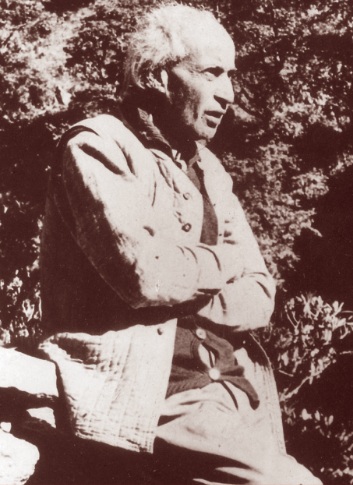₹400








When it appeared in 1953, Uma Prasad’s book on Dr. Syama Prasad Mookerjee’s detention and death in Kashmir created a wave of indignation.
It reproduced documents connected to Dr. Mookerjee’s arrest and death and gave a gripping account of the manner in which he was arrested, detained and allowed to die. Dr. Mookerjee’s mother Jogmaya Debi’s letter to Nehru, pleading for an enquiry, Nehru’s refusal to order it, Sheikh Abdullah’s obfuscations, all of these find place in this book. Why was Dr. Mookerjee allowed to enter Jammu and Kashmir and then arrested? Why were high doses of a particular injection, to which he was allergic, administered to him? How did his diary disappear—are among the many questions that this book raises and attempts to answer. Above all it gives the readers an idea of
how obstinate, self-obsessed, arrogant and scheming a man was Jawaharlal Nehru, who, as it comes across in this book, was not only economical with the truth but had literally pushed Dr. Mookerjee to his end.
A must read for all those who wish to understand the truth behind the sudden end of a momentous and promising life.

Uma Prasad Mookerjee (1902-1997), the third son of Shri Asutosh Mookerjee was a leading litterateur and thinker and an indefatigable traveller in the Himalayas. Uma Prasad had popularised the genre of travel writing much before it had picked up in Bengali literary circles. His travel albums of the Himalayas made him a household name in Bengal. In 1928, Uma Prasad trekked to Uttaranchal and in 1934 to Man Sarovar. Close to artistic and literary giants of his era, such as Sarat Chandra Chattopadhyay and Abanindranath Tagore, Uma Prasad’s classic travelogue of the Himalayas, Manimahesh won the Sahitya Akademi Award in 1971. Had it not been for him, perhaps no record, or documents related to Dr. Mookerjee’s arrest, detention and death in Kashmir, would have existed.
Dr. Anirban Ganguly, is Director, Dr. Syama Prasad Mookerjee Research Foundation, New Delhi.